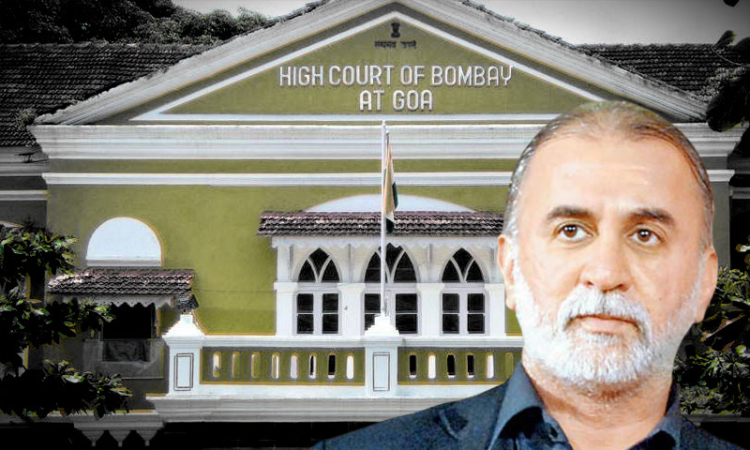'Country Has Right To Know' : Goa Govt Opposes Tarun Tejpal's Plea For In-Camera Hearing Of Rape Case Appeal
Sharmeen Hakim
10 Aug 2021 2:02 PM IST

Next Story
10 Aug 2021 2:02 PM IST
Journalist Tarun Tejpal has sought all proceedings in the Bombay High Court at Goa against his acquittal in 2013 rape case to be held in-camera and raised objections on the maintainability of the Goa Government's appeal. Solicitor General Tushar Mehta submitted that he usually wouldn't be opposed to an in-camera prayer, but in this case, the institution has failed to impress...
